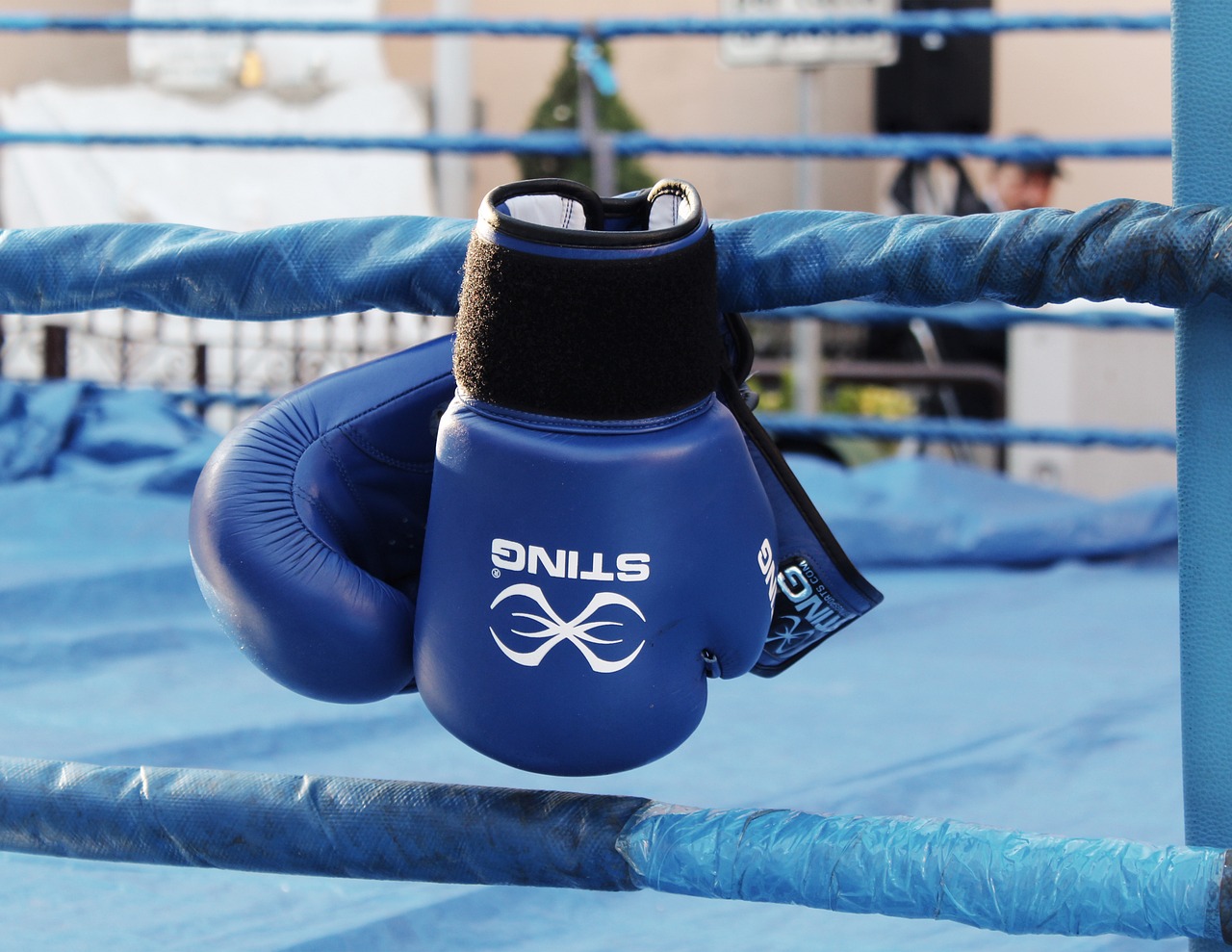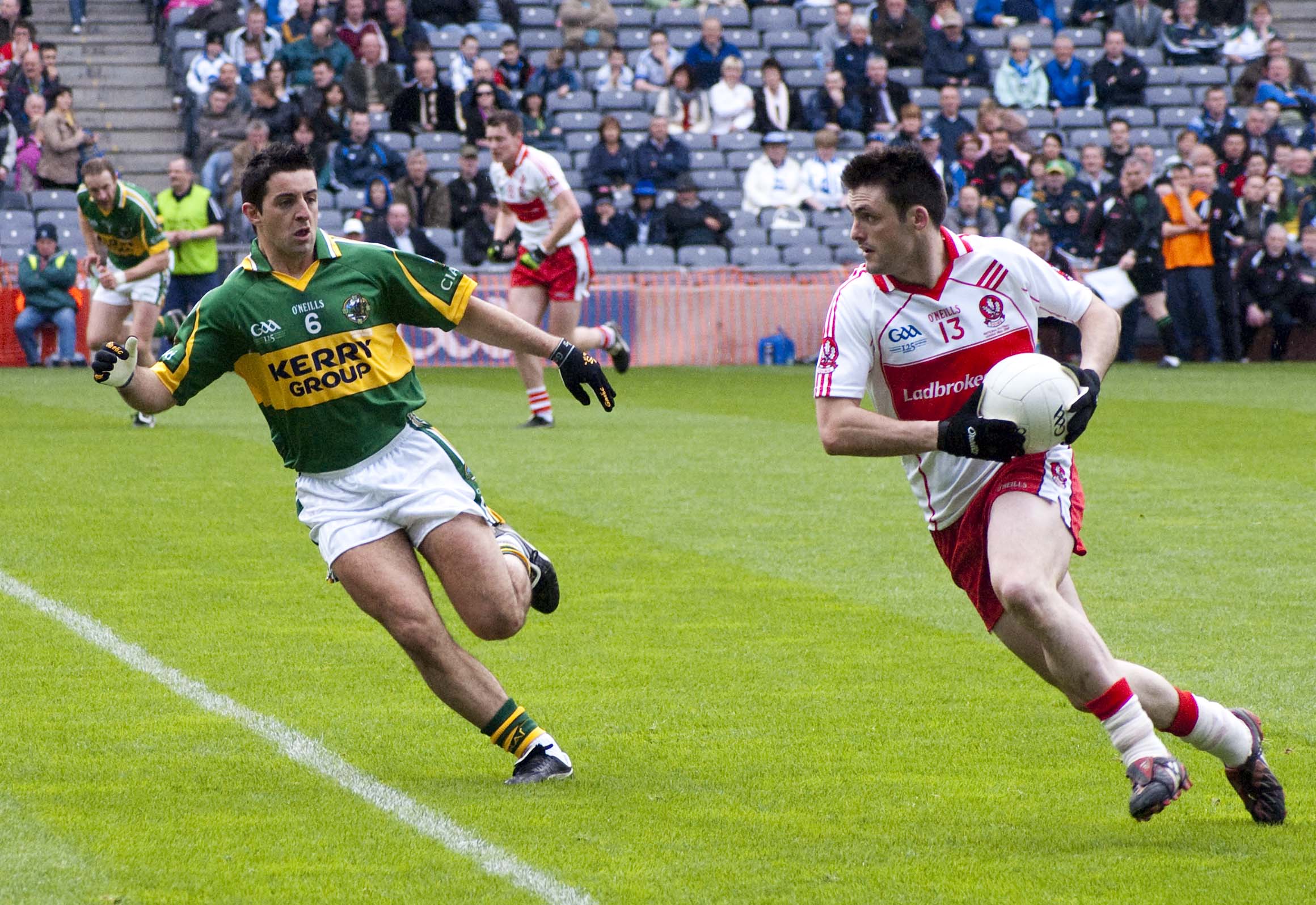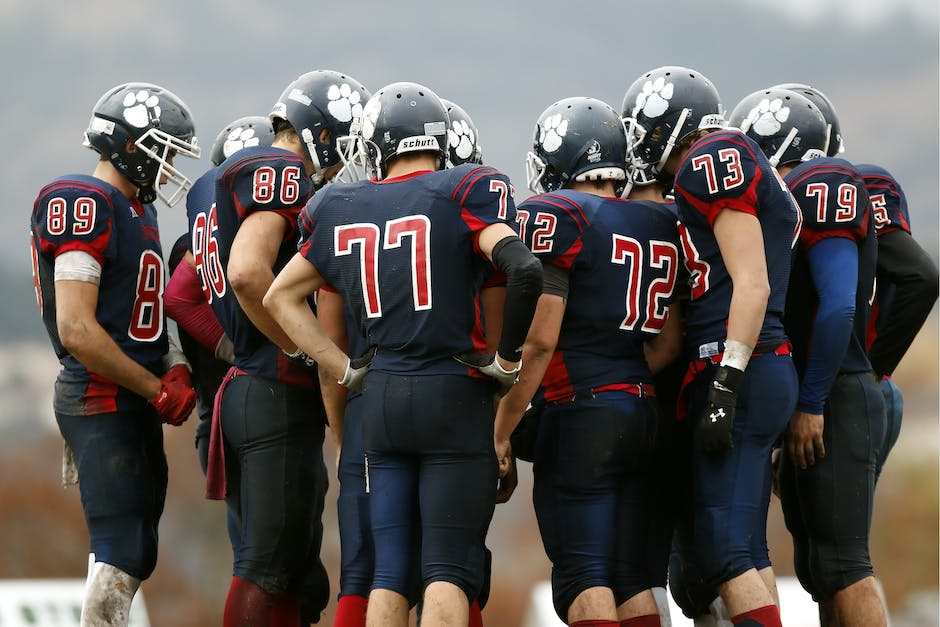Sporting goods events, also known as sports events, are competitions that bring together athletes from around the world to compete against each other in a particular sport. These events are often watched by millions of people around the world and are considered to be some of the most exciting and highly anticipated events in sports.
In this article, we will discuss the process of creating sporting goods events, from the initial concept to the actual event. We will look at the different stages involved in the process, the challenges that event organizers face, and how they overcome them.
Concept Development
The first step in creating a sporting goods event is to develop a concept. This involves identifying the sport or sports that will be featured in the event, determining the location and date of the event, and deciding on the format and rules of the competition.
The concept development stage is critical because it sets the foundation for the rest of the event planning process. Event organizers need to consider several factors when developing the concept of a sporting goods event, including the popularity of the sport, the availability of venues and infrastructure, and the potential audience for the event.
Event organizers often conduct market research to determine the level of interest in the sport and identify potential sponsors and partners. They also look for opportunities to differentiate their event from other similar events in the same sport.
Venue Selection
Once the concept of the sporting goods event has been developed, the next step is to select a suitable venue. This involves identifying potential locations for the event and evaluating them based on a range of factors, including their size, capacity, accessibility, and cost.
The venue selection process can be challenging, especially for new events that have not been held before. Event organizers need to consider the needs of athletes, spectators, and sponsors when selecting a venue. They also need to ensure that the venue meets all safety and security requirements.
Some sporting goods events, such as the Olympics, require multiple venues to host different competitions. In these cases, event organizers need to coordinate with local authorities and venue owners to ensure that all venues are available on the required dates and that they meet the specific requirements of each sport.
Financial Planning
Once the venue has been selected, the next step is to develop a financial plan for the event. This involves estimating the costs of the event and identifying potential sources of revenue.
The cost of a sporting goods event can vary widely depending on the size and complexity of the event. The costs can include venue rental fees, athlete and staff accommodations, equipment and technology, marketing and advertising, and insurance and liability.
Revenue for sporting goods events can come from a variety of sources, including ticket sales, merchandise sales, broadcast rights, sponsorships, and licensing fees. Event organizers need to identify potential sources of revenue early on in the planning process to ensure that the event is financially viable.
Sponsorship and Marketing
Sponsorship and marketing are critical components of any sporting goods event. Sponsors provide financial support and often play an essential role in promoting the event to their customers and stakeholders.
Event organizers need to identify potential sponsors early in the planning process and develop a sponsorship package that meets the needs of the sponsor while also providing value to the event. Sponsorship packages can include branding and advertising opportunities, hospitality and networking opportunities, and product placement and activation.
Marketing and promotion are also essential components of any sporting goods event. Event organizers need to develop a marketing plan that includes a range of tactics, such as digital marketing, social media, public relations, and advertising.
Athlete Recruitment
Recruiting athletes for sporting goods events is another critical component of the event planning process. Event organizers need to identify potential athletes and teams early in the planning process and work with them to ensure that they are available and willing to participate in the event.
Athlete recruitment can be challenging, especially for new events that have not yet established themselves in the sport. Event organizers need to work closely with athletes and their agents to understand their needs and requirements and to ensure that they are adequately compensated for their participation in the event.
Athlete recruitment is also essential for ensuring the quality of the competition. Event organizers need to ensure that they have a diverse range of athletes competing in the event, including both established athletes and up-and-coming stars.
Logistics and Operations
Logistics and operations are critical components of any sporting goods event. Event organizers need to ensure that all aspects of the event are well-organized and executed, including transportation, accommodation, security, and medical services.
Transportation is a critical component of any sporting goods event, especially for events that require athletes and staff to travel from different locations. Event organizers need to ensure that transportation is arranged for all athletes and staff and that it is reliable and efficient.
Accommodation is another essential aspect of any sporting goods event. Event organizers need to ensure that all athletes and staff have suitable accommodation that meets their needs and requirements. They also need to ensure that the accommodation is located close to the venue and that it is safe and secure.
Security is also critical for sporting goods events, especially for events that attract large crowds. Event organizers need to ensure that adequate security measures are in place, including screening and bag checks, crowd control, and emergency response plans.
Medical services are also essential for sporting goods events. Event organizers need to ensure that medical personnel are available on-site to provide first aid and emergency medical care. They also need to ensure that medical facilities are located close to the venue and that they are equipped with the necessary equipment and supplies.
Event Execution
The execution of the sporting goods event is the culmination of all the planning and preparation that has gone into the event. Event organizers need to ensure that all aspects of the event are executed flawlessly, from the opening ceremony to the closing ceremony.
During the event, event organizers need to ensure that all athletes and staff are adequately supported and that any issues or concerns are addressed promptly. They also need to ensure that the event is well-organized and that spectators are comfortable and safe.
Event organizers also need to be prepared for any unforeseen circumstances that may arise during the event, such as adverse weather conditions or equipment failures. They need to have contingency plans in place to ensure that the event can continue despite any challenges that may arise.
Post-Event Analysis
After the event is over, event organizers need to conduct a post-event analysis to evaluate the success of the event and identify areas for improvement. The post-event analysis should include feedback from athletes, staff, and spectators, as well as an analysis of financial and operational performance.
The post-event analysis can help event organizers to identify areas where they can improve the event and make it more successful in the future. It can also help them to identify potential sponsors and partners for future events and to develop strategies for marketing and promoting the event more effectively.
Conclusion
Sporting goods events are complex and challenging to create, but they can be highly rewarding for event organizers, athletes, and spectators. Creating a successful sporting goods event requires careful planning and preparation, as well as the ability to adapt to unforeseen circumstances and challenges.
By following the steps outlined in this article, event organizers can create successful sporting goods events that attract athletes and spectators from around the world. They can also help to promote the sport and inspire the next generation of athletes to participate in the event.
We welcome any suggestions or questions. You can email us or contact us using the contact page.
You can also connect with us on the following social networks:









0 Comments